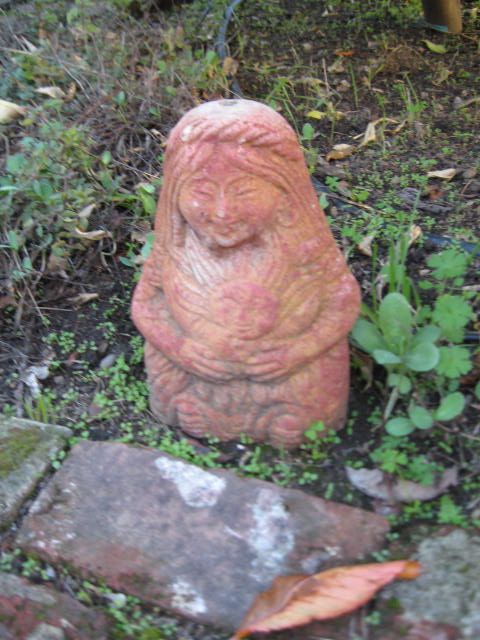Winter is the season of survival, and as such is not devoid of suffering. The weather conditions of Helsinki have struck me hard after a year without experiencing northern european winter. I had forgotten that it becomes impossible to “hang out” outside during the winter months in Helsinki, for me at least. Sunny side of this is that I now have all the time to stay home, doing random chores while listening to lectures from the top universities of the world. Just google, they’re there for free.

I found a podcast course on buddhist psychology from UC Berkeley, consisting of 26 lectures. I’ve listened to most of them, and have remembered a whole lot of things I realized when studying buddhism when I was just some years older than the most famous buddhist of our age, Lisa Simpson. Suffering gets a whole new life in the hands of Buddha, and mindfulness, which means being consciously present in everyday experiences, has become a new way of approaching the current pains caused by darkening days, increasing amount of snow and the anticipation of the -30 Celsius to come.
Objectivist philosophy uses the term “sense of life” to refer to the unconscious value judgements that guide how one experiences life. A great aim is to become aware of all that consists one’s sense of life, in order to make sure there’s no invalid judgements secretly dominating one’s perceptions, values, experiences and such. The buddhist mindfulness seems to aim at the same thing, though remaining in its rhetoric in the present moment, whereas objectivist philosophy derives a great deal of its view of man from psychoanalysis. In short, both philosophies see great importance in being conscious of one’s external, and internal realities. And when wanting to reflect these realities, literature is a great domain, for both the writer and the reader.
On my opinion it is very risky to produce things, including artistic products into this world without being aware of one’s deepest values, which eventually form motives and intentions. All works of literature are products of human beings, and I’ve come to realize that the notorious works seem to come from the minds that have seen that we are all the same and experience life with all its existential worries, on some level of consciousness at least. Through written works anyone can have a peak inside another person’s mind, to see how they approach life, how they value experiences and other human beings, how they react to emotional turmoil… All that is in the reach of an experience is convertible to a written form.
Whatever one writes, one creates a view point into world through internal means, always revealing more about himself than being able to consciously hold in his mind at once. The freedom to create brings along a great responsibility, which is not responsibility for one’s works, because the works go on living a life of their own after materializing. Instead, a writer is responsible for his sense of life. Usually people have conscious values, which differ with their unconscious judgements of things. One might find the feminist agenda important, but still drive his behavior towards maintaining quite opposite ideals. Why? Because the person has never dug deep enough to know that he holds these values, or has never observed his behavior from the perspective, which allows seeing the motives behind one’s own actions objectively.
Buddhism sees the “ego” as an impermanent tool interested only in survival within the near future. Seeing one’s true nature allows one to gaze further than that, and to be able to work towards a more substantial works, be they works of art or any other. Zen buddhism emphasizes the importance of daily chores. Mindfulness based meditation also works as a tool in surviving the minus degrees. It teaches how to separate the sensation of coldness to one’s judgements of it, reducing the experience to just what it is, not what it is thought to be.
